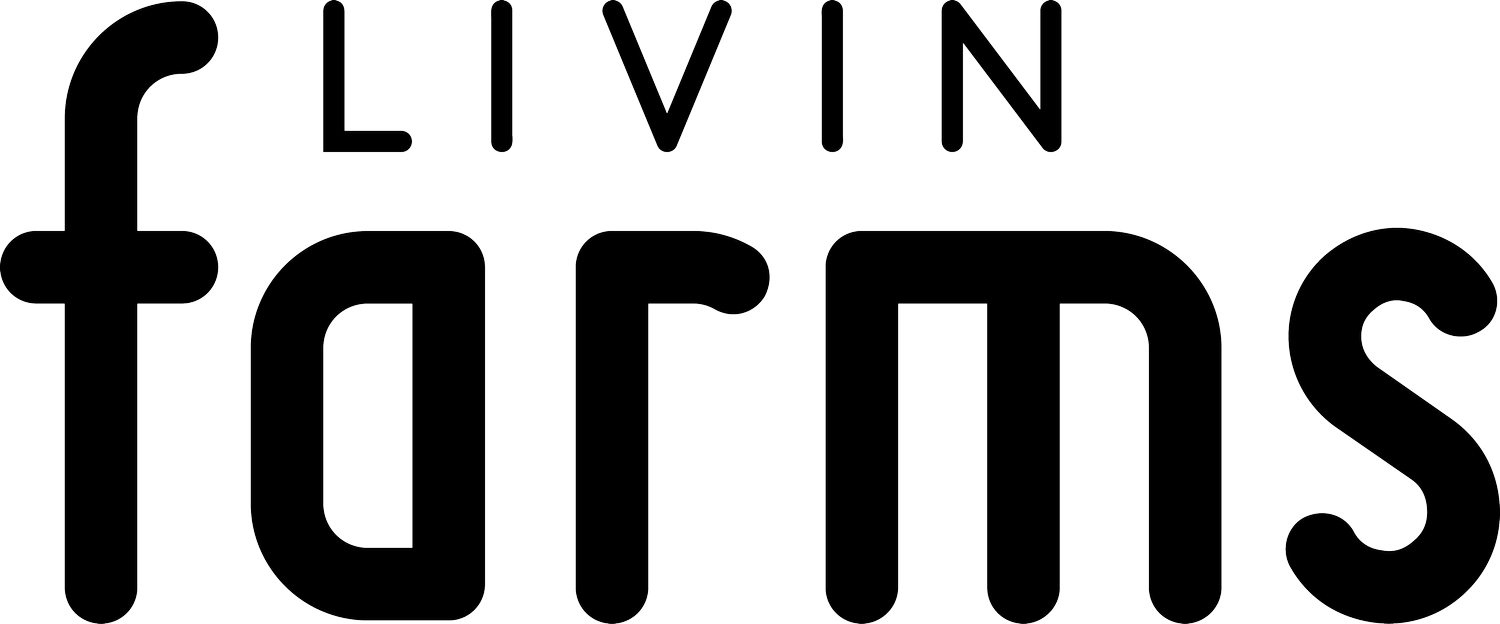What you need to know about feed for Insects in the European Union
Feed for insects in the European Union
Black Soldier Fly larvae stands out as a cornerstone of the insect farming industry, offering a sustainable protein source that has the potential to transform our food production. Black soldier fly larvae and insects in the European Union in general, have gained a lot of interest in the marketplace, because of their potential to convert waste into protein.
Outside of the European Union, regulations around insects used as animal feed is rather flexible. For example, in most parts of Asia, Black soldier larvae can be fed on diverse substrates, such as post-consumer waste, slaughterhouse waste, or even animal feces.
However, in the European Union, for safety purposes, insect producers are restricted to only feed insects following the standards set by the EU environmental legislation.
Commercial production of insect larvae for animal feed requires a suitable source of substrate, HACCP-controlled insect rearing, and processing methods in addition to product and process analysis to detect pathogens and other hazards.
According to the EU authorities, insects may only be fed with substrates of vegetal origin, including former foodstuffs. There are limited protein products of animal origin allowed, such as dairy, eggs, and rendered fat. It is not allowed to feed the insects with former foodstuff (meat and fish), catering waste, slaughterhouse products, and animal manure.
Learn more about the legislation here: https://ipiff.org/insects-eu-legislation/


